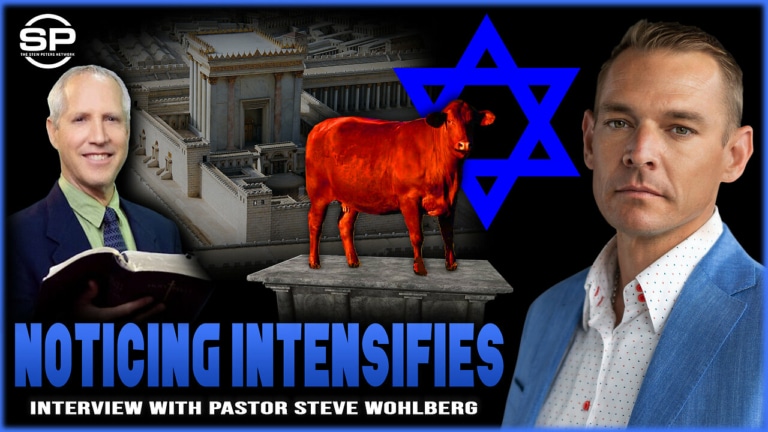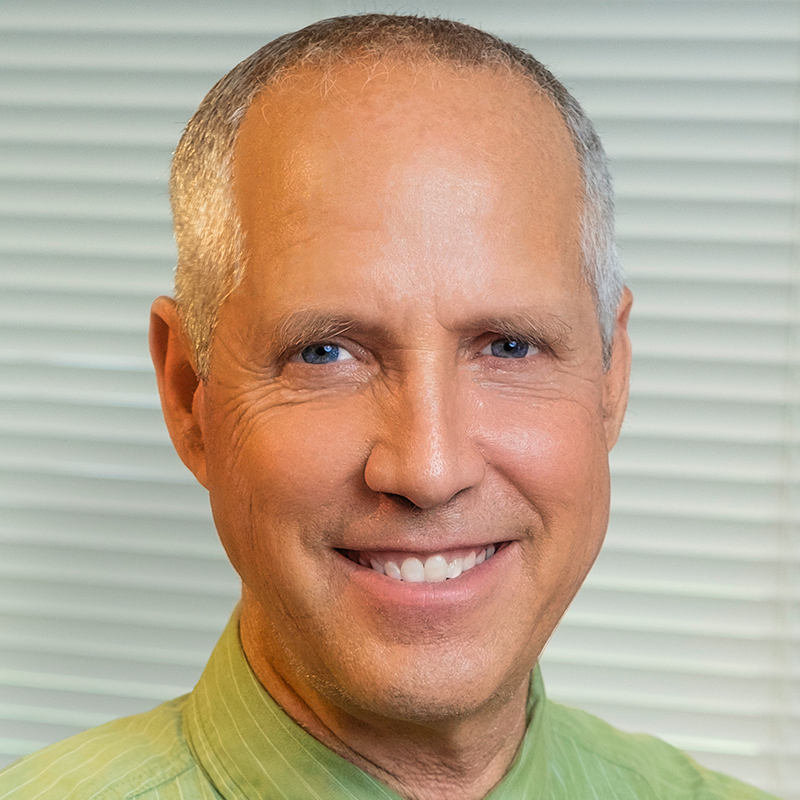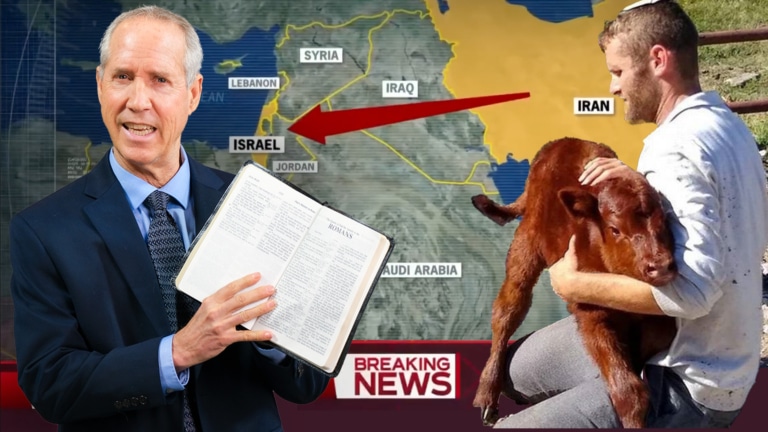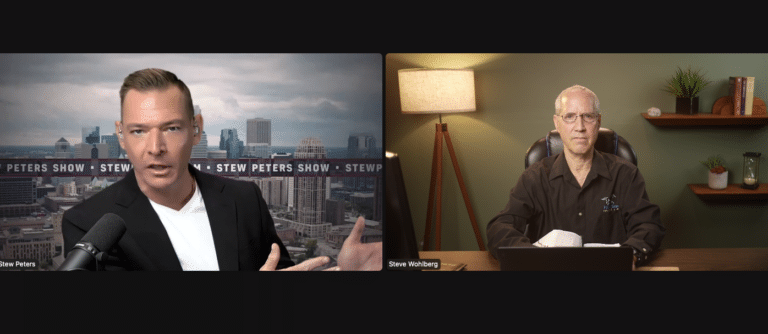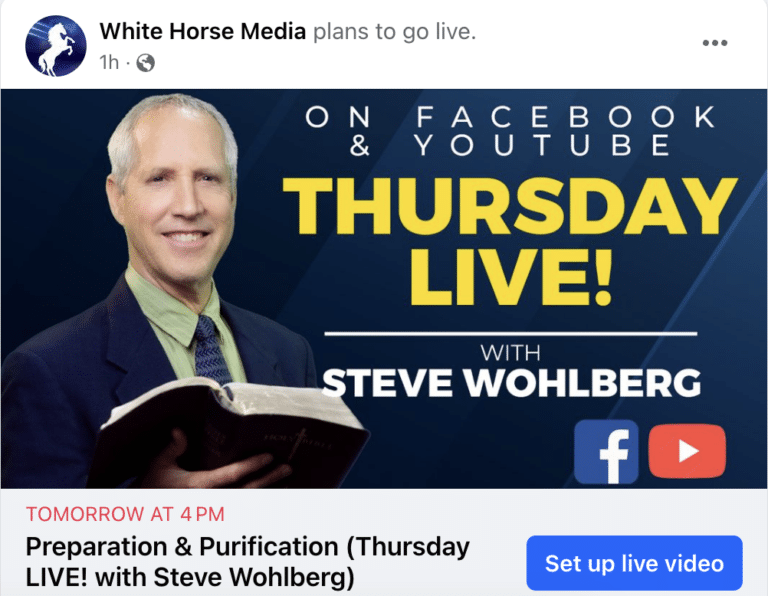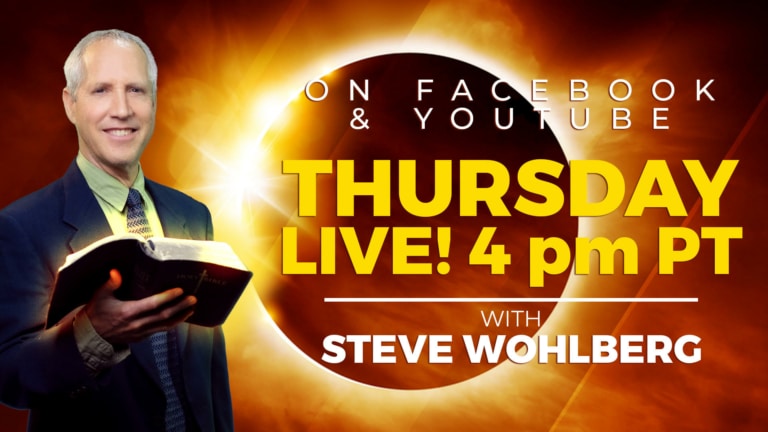A heated debate is raging over who owns the land upon which modern Jerusalem sits. Recently-labeled “Christian Zionists” say God originally gave that land to the Jews, therefore the Palestinians have no real “right” to it at all. These Christian Zionists have urged President Bush and U.S. politicians to reject the proposed Road Map to Peace as offensive to God because it grants Palestinians equal rights to live on the land – and to have their own state – next to Israel. The Road Map has even been labeled “a Roadmap to hell”– a denial of God’s ancient promise to give His chosen people that specific piece of real estate.
Let’s take a closer look at the biblical facts, not just in the Old Testament, but also in the New Testament written in the full light of Jesus Christ.
First, the Old Testament. In Genesis 17:8, God said to Abraham, “I will give to you and to your seed after you, the land wherein you are a stranger, all the land of Canaan, for an everlasting possession; and I will be their God.” Notice carefully that this promise was made to both to Abraham and his seed, and that the land was to be given to both as an “everlasting possession.” Now think about it. In order for Abraham to possess the land as an “everlasting possession,” he must live forever. This can only be realized through the death and resurrection of Abraham’s primary “seed” who, according to Paul, is Jesus Christ Himself (Gal. 3:16). Thus in Genesis 17:8, just like in other Old Testament verses, “God … preached before the gospel to Abraham” (Gal. 3:8).
Remember, God promised Abraham the land would be his for an everlasting possession. Yet – and this is a key point – according to the New Testament, God actually “gave him [Abraham] none inheritance in it [the literal land], no, not so much as to set his foot on; yet he promised him he would give it to him as an everlasting possession” (Acts 7:5).
Here we find:
- God promised the land to Abraham
- Abraham never possessed the literal land of Canaan.
How can we reconcile this? Did God lie? Has His Word failed? Obviously not. The only way to reconcile this is to realize that the ultimate promise of “the land” did not concern sin-cursed soil but rather the “new earth” (see Revelation 21:1) which Abraham would one day possess as an “everlasting possession” through the death and resurrection of Jesus Christ.
Did Abraham look for sin-cursed land or sin-freed land as the primary fulfillment of God’s promise? The answer is in Hebrews 11. Abraham “sojourned in the land of promise, as in a strange country… with Isaac and Jacob, the heirs with him of the same promise… for he looked for a city which has foundations [the New Jerusalem], whose builder and maker is God… these all died in faith, not having received the promises, but having seen them afar off… they confessed that they were strangers and pilgrims on the earth … but now they desire a better country, that is a heavenly” (verses 9-16, italics added).
These verses prove that the primary land Abraham was looking for was the same land he physically dwelt in, but in a renovated state. The same is true of all the Old Testament believers, for Hebrews 11 also refers to Joseph, Moses, Gideon, Samuel and “all the prophets” (verse 32), saying they all “received not the promise” (verse 39) of the land as an “everlasting possession.” Thus – and don’t miss this point! – even though these Old Testament saints lived in the physical land of Canaan, they still waited for the future fulfillment of God’s “land” promise to Abraham. Throughout their entire lives they were yet “strangers and pilgrims on the earth.”
To simplify, we might refer to: 1) The Primary Land, 2) The Secondary Land. In Part 2 of this mini-series we will take a closer look at The Secondary Land – the actual land of Canaan yet under the curse of sin – which the Old Testament saints lived in. Apart from this, we must always keep in mind that the New Testament clearly reveals that the ultimate hope of Abraham and the Old Testament saints was not the sin-cursed earth upon which modern Jerusalem sits, but The Primary Land – the same land cleansed from sin – which all God’s faithful children will someday inherit as an “everlasting possession” through the death and resurrection of Jesus Christ, Abraham’s primary “seed” (Galatians 3:16).
“Nevertheless we, according to His promise, look for a new heaven and a new earth, wherein righteousness dwells.” 2 Peter 3:13.
